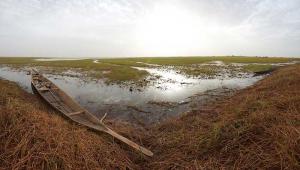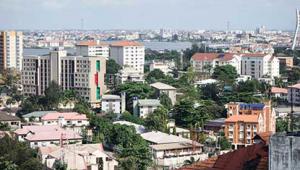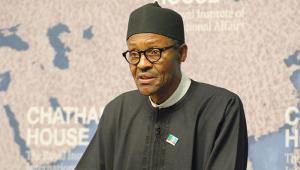The record budget triples capital expenditure and aims to revive the country’s floundering economy, which has been pushed into its worst crisis for years by the slump in oil prices.
While Buhari had presented the budget last December, the process of signing it into law has been plagued by delays.
The original document had to be amended after it received heavy criticism for relying on what was deemed an unrealistic expectation regarding future oil prices.
It also went missing for a period of time and was later found to have been “padded” – billions of naira had reportedly been shifted around in the document without authorisation, resulting in a multitude of irregularities.
After much wrangling between the legislature and the executive, the budget will now go ahead.
It envisages more than doubling the already staggering deficit to $11bn, which the government plans to fund with extensive borrowing.
It is hoped the increases in capital investment will stimulate a quickly contracting economy, which relies on oil revenues for almost 70% of national income.
Economic growth crashed from 6.3% in 2014 to 2.8% last year. The International Monetary Fund predicts growth will slow further in 2016 to 2.3%, before recovering the year after.
The budget also outlines plans to improve tax collection and promote non-oil industries including agriculture and mining.
With the government strapped for cash, Buhari has also been working to hasten the repatriation of stolen Nigerian funds held overseas.
Yesterday, he urged the United Nations Office for Drugs and Crime as well as several countries to speed up the process, which he said had “become tedious”, causing Nigerians to lose patience.
Last week, Buhari appealed to the World Bank for help in recovering $320m worth of Nigerian funds stolen by former dictator Sani Abacha and held in Switzerland.
Buhari, who was elected last March on an anti-corruption ticket, has vowed to clean up Nigeria’s public finances and return stolen funds, which he said meant public coffers were “virtually empty” when he took office.













